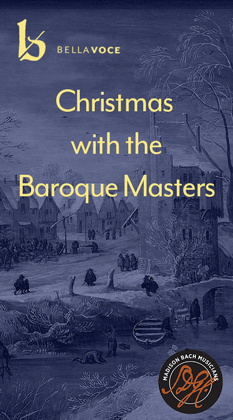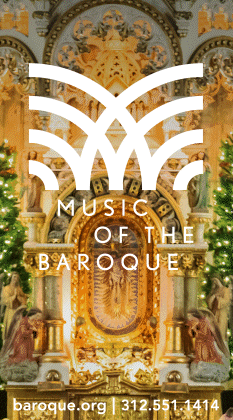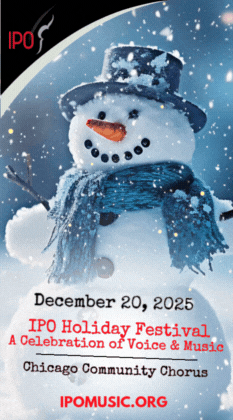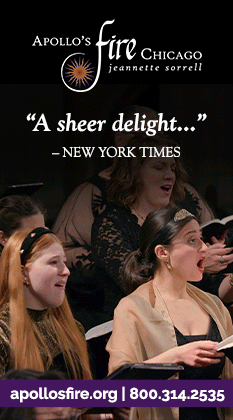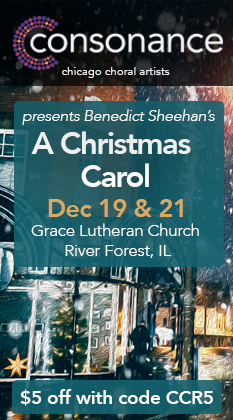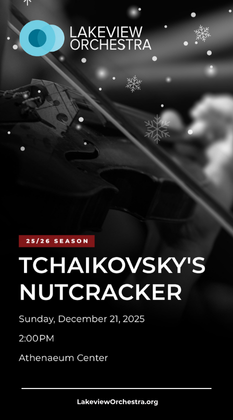The Chicago Ensemble spans three centuries with four quartets
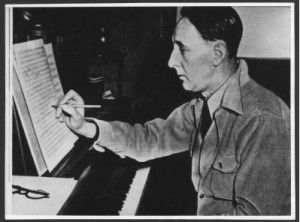
Few chamber groups in the city provide more consistently generous programs than the Chicago Ensemble. Currently marking its 35th season, the group has been particularly good at unearthing neglected repertoire and so it proved again Tuesday night at Fourth Presbyterian Church, with four quartets spanning the last three centuries.
The main curio on offer was Bohuslav Martinů’s Piano Quartet. The continuing neglect of the prolific Czech composer remains inexplicable with consistent craft and melodic distinction evident in nearly all his works. Kudos to artistic director Gerald Rizzer for continuing to champion his music.
Martinů wrote copiously for chamber forces including seven string quartets, a Flute Sonata, Clarinet Sonatina and the 1942 Piano Quartet heard Tuesday. The wartime vintage is palpable in the restless, unsettled opening movement with its sharply accented theme, contrasted with the flowing second subject. The piano falls silent in the Adagio, a dark, deeply felt yet characteristically unsentimental meditation. The keyboard player returns for the agitated middle section before the return of the ruminative string opening. The closing Allegretto has a rocking, folk-like flavor, which manages to bring together themes from the previous movements in a satisfying and bravura coda.
Pianist Rizzer and colleagues (violinist Stephen Boe, violist Paul Vanderwerf and cellist Andrew Snow) served up a largely successful performance. The closing movement could have been more incisive and there were a few rough edges and moments of wayward intonation, but Rizzer and Boe in particular provided worthy advocacy for this compelling work.
The Martinů was preceded by Mozart’s Oboe Quartet. Ricardo Castaneda was a bit over-reticent but his graceful oboe playing was fully in synch with the gracious qualities of the music. The relaxed buoyancy of the Rondo was especially well done, with Boe and colleagues lending stylish support.
Written at age 19, Benjamin Britten’s Phantasy Quartet for oboe and strings is similarly edgy and mercurial like the Martinů. The composer’s Op. 2 already shows Britten’s polish and emerging individuality, though Britten was still in his Gallic phase to some extent. Here Castaneda was even more attuned to the work, playing with a rich tone and showing clear sympathy for the enigmatic, elliptical expression.
The evening closed with another rarity, Ernest Chausson’s Piano Quartet in A major, one of the French composer’s final works before his premature death by bicycle at 44 (Chausson lost control and crashed into a brick wall, dying shortly thereafter of his injuries).
Like many of his late works, the quartet is cast in Chausson’s proto-Wagnerian uber-chromatic style, and the Chicago Ensemble members delivered a solid, admirable reading. One can imagine a performance of greater passion and intensity making a stronger impact but the players put across the surging rhapsodic qualities effectively with especially gleaming violin work by Boe.
The program will be repeated 3 p.m. Sunday April 15 at International House in Hyde Park. thechicagoensemble.org; 773-889-4206
Posted in Uncategorized
